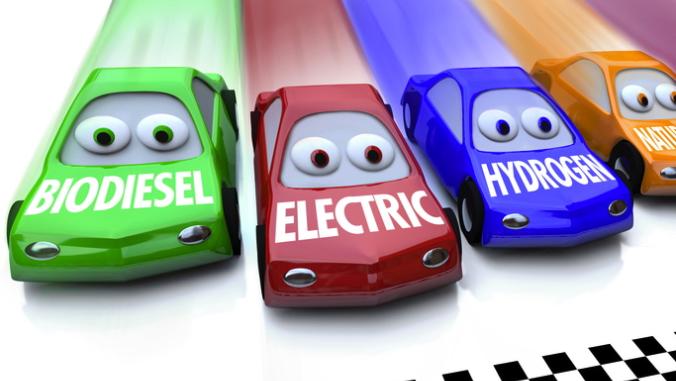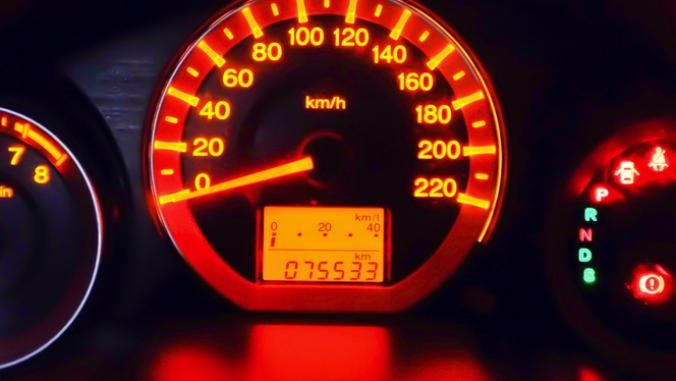BT to Require Carbon Management from Suppliers
<p>BT now expects its roughly 6,000 contracted suppliers to have a climate change policy in place, actively measure and report their emissions, and set challenging targets to reduce emissions, while also reporting on their progress.</p>

Image courtesy of BT
U.K. telecommunications giant BT revealed a procurement policy last week that calls for its roughly 6,000 contracted suppliers to measure, report and reduce their carbon footprints.
BT's new climate change procurement standard is aimed at improving the energy efficiency of its products and services. The creation of the new standard was driven in-house by BT's procurement department, but also through the requests of a small number of its more proactive suppliers, who asked the company to be more explicit about its expectations.
"Suppliers were asking us about our policy on climate change and what was required of them," said Liz Cross, who heads BT's CSR strategy and policy for procurement.
BT expects its contracted suppliers to have a climate change policy in place, actively measure and report their emissions and set challenging emissions reduction targets, while also reporting on their progress. BT worked with the Carbon Trust to hold a series of free workshops last year to help suppliers tackle some of these challenges and promote best practices.
"If they haven't done anything before, then a 1 to 2 percent reduction is not exactly challenging," Cross said, noting that companies new to carbon management can typically take advantage of a range of activities considered to be low-hanging fruit, such as improvements in insulation or heating. "If they've been engaged for four to five years, a 5 percent reduction in itself may be quite stretching."
The supply chain has garnered increasing attention in recent years as companies that include Walmart and Procter and Gamble grapple with the realization that emissions reductions occurring within their four walls often represent just a fraction of total emissions associated with their products and services. In some cases, the supply chain may represent up to 90 percent of a product's total carbon footprint. BT estimates its supply chain emissions account for a much smaller slice of its overall footprint, in the 30 percent to 40 percent range.
In its own operations, BT has committed to reducing its carbon intensity by 80 percent below 1997 levels by the end of 2020. In the U.K., BT plans to reduce absolute emissions by 80 percent by 2016, also compared to its 1997 baseline. So far the company has reduced its carbon intensity by 54 percent, and its absolute U.K. emissions by 59 percent.
BT will include the standard in its new contracts moving forward, with plans to cover all contracted suppliers by mid-2012. All new suppliers must now fill out the BT Climate Change Questionnaire to help the company determine their engagement and identify improvement areas. BT has used the questionnaire for several years with a small number of suppliers, revealing that in general, larger ICT and manufacturing companies tended to be more engaged on climate change compared to smaller firms.
The company doesn't view performance under the standard to necessarily be a deal-breaker, in terms of future business with suppliers, Cross said, but the energy performance of products -- and how those products compare to others -- will eventually carry more weight.
"All those things," Cross said, "will start to play more of a part of suppliers' successes going forward."
Image courtesy of BT.
Want to move beyond spreadsheets to manage carbon data but are confused by the large number of vendors? Groom Energy and Greenbiz.com have teamed up for the 2011 Enterprise Energy and Carbon Accounting Buyers Guide to give you a clear understanding and analysis of this rapidly expanding market based on meetings, demos, and analysis with 32 software vendors.





